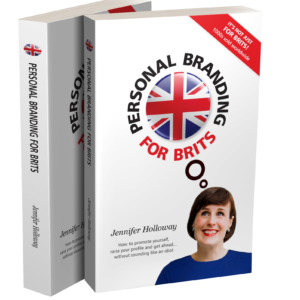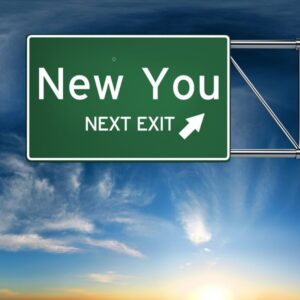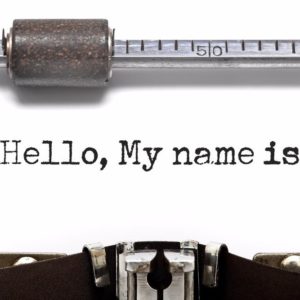

Want DE&I? Start with USP
“What do you do to tailor your personal brand training for a DE&I audience?”
Whenever I’m speaking to a client about diversity, equity and inclusion (DE&I) this question invariably crops up – and unsurprisingly so.
They’re hiring me to work with people who, for whatever reason, are under-represented in their company. So it makes sense they’d want to ensure what I deliver will hit the mark for staff who are in a minority – whether that’s through their gender, age, race, religion, sexuality, abilities or anything else.
But while I do indeed tailor my training for pretty much every session I deliver I don’t make any specific changes for a DE&I audience.
Want to know why?
It’s because, while the people in the workshop may be in a minority in my client’s business, in the world of personal branding there’s zero difference between them and anybody else.
Think about it.
The whole point of a personal brand is to capture your Unique Selling Point (USP): the thing that makes you different from everybody else and adds value in a way nobody else does. And because no two people are alike (whether they’re in the majority or the minority), we’re all automatically starting from the same place – as unique individuals.
And if everyone is starting from the same place, it makes sense that I teach them all the same things.
Negative experience = negative perception
With that said, when I do have a room of people from under-represented groups, discussions frequently turn to what their life has been like in the world of work. Often they’ve had negative experiences because they’re ‘different’, so have come to view their difference negatively.
Personal branding is all about switching that view and seeing their difference through a positive lens – so they can help others to see them through a positive lens too.
Switching lenses
- The neurodivergent person whose brain is wired in an atypical way? They’re bringing a perspective nobody else is bringing.
- The person in the wheelchair with restricted mobility? They’ve perfected the art of overcoming obstacles in the moment.
- The person who identifies as non-binary? They have the fortitude to challenge the norm.
- The person with a strong religious faith? They’re the epitome of loyalty and dedication.
- The non-white person surrounded by white people? They’ve learnt to read situations and quickly pick up non-verbal cues.
- The person with the lined face and grey hair? They’ve gained knowledge you can’t go to school for.
Every single one is offering something of value in their own unique way.
And when that value is shared with and recognised by others, everything flourishes: the individual benefits from being able to show their true self, increasing their feeling of belonging and engagement; the organisation benefits from having a workforce that’s bringing a variety of talents, bolstering its commercial success; and society benefits from the levelling up fairer employment brings.
And that’s what DE&I is all about.
What’s your take on DE&I when it’s linked to personal branding? Do you agree that what makes you different is your super-power when it comes to having a USP – whatever that difference is founded in? Or do you have another take on the subject? I’d be happy to hear your thoughts with a comment below.








Leave a Reply